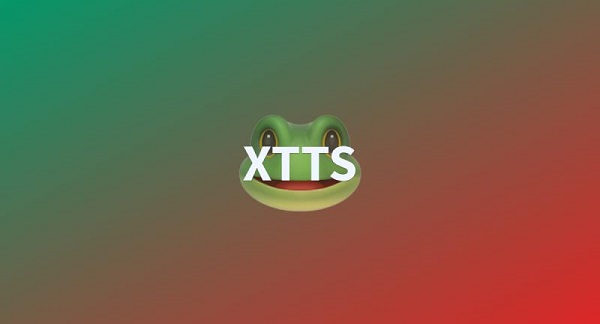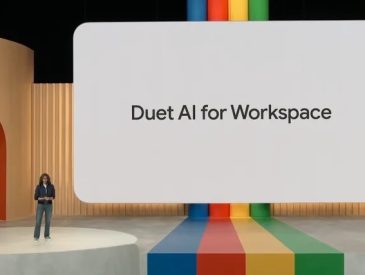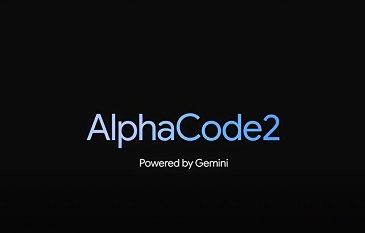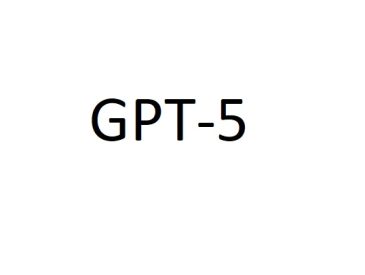Coqui, a leading AI company, has recently unveiled its state-of-the-art text-to-speech model called XTTS. This cutting-edge model allows for the cloning of voice parameters and the synthesis of speech in multiple languages. The release of XTTS marks a significant advancement in the field of generative voice AI.
Text-to-speech (TTS) technology plays a crucial role in various applications, from voice assistants to audiobook narration. Coqui’s XTTS takes TTS to new heights by enabling the cloning of voice characteristics and the generation of synthetic speech in different languages. This groundbreaking capability opens up exciting possibilities for multilingual voice applications and provides a versatile tool for content creators and developers.
The XTTS model is built on the foundation of extensive research and development, utilizing advanced deep learning techniques. By training on vast amounts of voice data, XTTS can accurately capture the nuances and characteristics of different speakers. This allows users to clone voice parameters and synthesize speech that closely resembles the original speaker’s voice.
One of the key features of XTTS is its language versatility. The model supports a wide range of languages, making it highly adaptable for global applications. With XTTS, developers and content creators can generate high-quality speech output in multiple languages, enhancing the accessibility and user experience of their products and services.
Coqui’s decision to release the weights of the XTTS model underscores their commitment to open-access AI models. By making the XTTS model available to the public, Coqui aims to foster innovation and collaboration within the voice AI community. This approach promotes transparency and encourages researchers and developers to build upon the XTTS model, further advancing the field of generative voice AI.
The XTTS model’s release has generated considerable excitement and interest within the AI community. It represents a significant milestone in bridging the gap between open-access and proprietary voice AI models. Coqui’s dedication to democratizing access to cutting-edge AI technologies is a testament to their commitment to driving the industry forward.
As AI applications become increasingly integrated into our daily lives, the importance of high-quality text-to-speech models like XTTS cannot be overstated. Whether it’s for enhancing user experiences, improving accessibility, or enabling natural language interactions, XTTS provides a powerful tool that empowers developers and content creators to deliver exceptional voice-based applications.
In conclusion, Coqui’s release of the XTTS model signifies a new era in text-to-speech technology. With its ability to clone voice parameters and synthesize speech in different languages, XTTS opens up exciting possibilities for generative voice AI applications. Coqui’s commitment to open-access models promotes collaboration and innovation, paving the way for future advancements in the field. As XTTS continues to evolve, we can expect to see further breakthroughs in the realm of voice AI.
Sources:
Get ready to dive into a world of AI news, reviews, and tips at Wicked Sciences! If you’ve been searching the internet for the latest insights on artificial intelligence, look no further. We understand that staying up to date with the ever-evolving field of AI can be a challenge, but Wicked Science is here to make it easier. Our website is packed with captivating articles and informative content that will keep you informed about the latest trends, breakthroughs, and applications in the world of AI. Whether you’re a seasoned AI enthusiast or just starting your journey, Wicked Science is your go-to destination for all things AI. Discover more by visiting our website today and unlock a world of fascinating AI knowledge.





